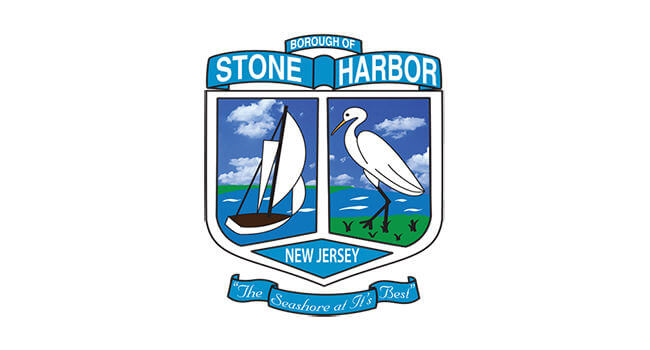STONE HARBOR – The Stone Harbor Property Owners Association has once again asked the borough to develop a 10-year financial plan, and has voiced its concern over the borough’s use of debt.
In a May 25 letter to the mayor and Borough Council, the property owners association presented commentary, criticism and analysis of the 2024 budget adopted on May 7.
The borough’s budget process in 2024 was particularly chaotic, something not lost on the authors of the letter. The Borough Council twice amended the introduced budget, rescinded one of those amendments, added funds for raises for non-union personnel and then removed them, and increased the total estimated cost of the six-year capital program by more than $10 million when compared to the introduced budget.
The focus of the property owners association analysis was largely on the general fund budget, which is the part of the overall budget supported mainly by property taxes. There was less discussion of the water and sewer utility budget, which accounted for most of the late addition of estimated capital spending.
Until a change in state budget rules this year capital improvements that the borough put into water quality reporting to the Department of Environmental Protection were not a required part of the municipal budget capital plan, according to borough auditor Michael Garcia.
The association reiterated its call for a 10-year financial plan. The call has history. In response to an association presentation on June 8, 2019, Administrator Jill Gougher promised that a 10-year financial plan would be part of the borough’s planning efforts by mid-2020.
Since that promise was made, various comments have been made at council meetings, including the council as currently configured. Yet no 10-year plan has ever been shared with the public.
The association’s call for the 10-year plan continues in the May 25 letter and represents an attempt to address financial threats to the borough through a planning process that could provide transparency to taxpayers concerning expected tax rates. The letter says that the association is working with borough officials to create a 2024-based plan.
At the core of the association’s comments on the 2024 budget is a concern about debt. For several years the Herald has reported that debt service in Stone Harbor budgets utilizes a greater percentage of total budget revenue than is the case in other county Shore towns. That was occurring while interest rates were at a historic low.
The association is pointing to the continuing rise in rates and urging the borough to focus on its use of debt. The letter is critical of the borough’s use of debt for its beach replenishment project this past year. The letter says, “We continue to be of a view that beach management is a regularly recurring expense that should not be funded with debt.”
On the use of general fund budget surplus to offset taxation, the letter urged more attention to ensuring that the surplus is “regenerated each year.” Stone Harbor’s budget surplus is among the smallest of county island resort communities.
The association’s other requests included a call for developing alternative recurring revenue sources, one example being a tax on short-term rentals, which is allowed under state statute. At a point in early spring before listings for 2024 were likely completed, a Herald review of Stone Harbor online short-term rental listings for Vrbo and Airbnb showed 175 such listings, a much smaller number than in many other county island towns.
The letter also contained a caution that the borough should better understand the use of Fire Department resources given that the department has moved to a mix of volunteer and paid firefighters at a significant taxpayer investment.
The letter was supportive of a feasibility analysis concerning the establishment of a stormwater utility. The letter points to such a utility as a revenue stream for stormwater and flood mitigation efforts that it says will otherwise have significant impact on property taxes.
There are no operating stormwater utilities in New Jersey, although several are being studied. Until more analysis is done, the level of funding that a utility can reasonably generate in a small, highly developed community like Stone Harbor remains unclear.
One aspect of the budget process that the letter did not comment on was investment in staffing. With the retirement of its long-term part-time chief financial officer, James Craft, Stone Harbor ended its shared services agreement with Avalon and fully funded the position of an in-house CFO. At the same time the budget allocated $100,000 for a contracted official to run Human Resources.
There was one council vote against the adoption of the 2024 budget: Robin Casper voted no, saying she could not support the budget with no pay increases for non-union employees.
The letter also makes no comment on the last few years of adopted budgets that have struggled to stay under the two state-imposed caps on appropriations and increases in the local tax levy.
The council has not met since the association’s letter was sent and has not yet commented on it.
Contact the reporter, Vince Conti, at vconti@cmcherald.com.








